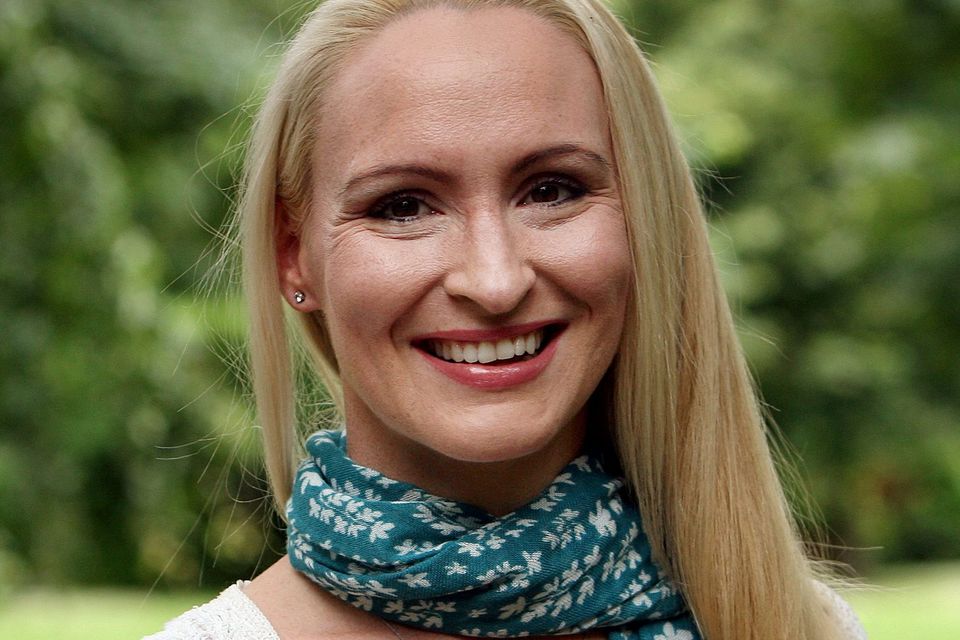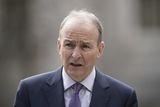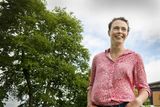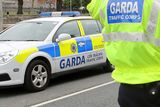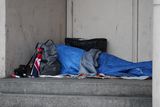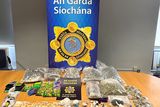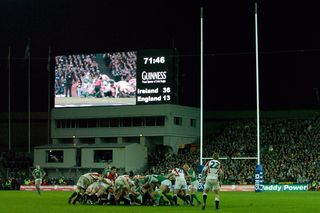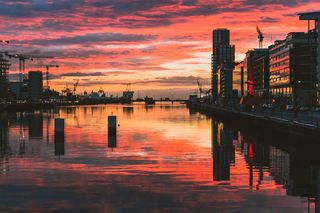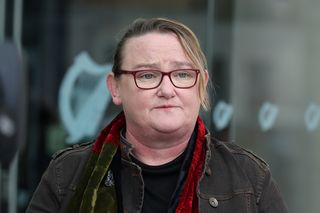Love affair with drink rekindled as new figures show surge in alcohol abuse
Young women now being treated for chronic alcoholism as a result of chaotic drinking at college, writes Allison Bray
WARNING: Dr Fiona Weldon says she is seeing women in their early 20s seeking residential treatment
Ireland is sliding back to dangerously high levels of alcohol consumption to rival the hedonism of the Celtic Tiger era, shock new figures reveal.
Young men are drinking more hard spirits and more women in their early 20s are seeking residential treatment for alcohol dependency.
As the economy recovers, we're drinking with a vengeance and increasingly hitting hard liquor, according to figures from the Revenue Commissioners.
The nation knocked back close to 1.3m litres of spirits during the first quarter of this year - a dramatic 16.5pc increase over the same period last year, excise duty figures show. There is strong anecdotal evidence that many young men are now eschewing traditional pints of beer, stout and lager in favour of spirits, especially vodka.
Wine consumption is also up by 6pc this year, compared to the corresponding period in 2014, to 2.1m litres. Meanwhile, beer consumption is up only marginally by 2.2pc to 3.5m litres. Only cider consumption was down this year by 2.1pc to about 495,000 litres.
But the overall 5.2pc increase in consumption during the first three months of 2015 over the first quarter of 2014 is a disturbing trend say alcohol awareness campaigners, who warn that we are already among the top five heaviest drinking nations in Europe.
Last year, the typical Irish drinker consumed 11 litres of pure alcohol, which translates to more than 411 pints of beer or cider at 5pc alcohol content, almost 42 large bottles of vodka or 124 bottles of wine.
And while it's less than the peak of 14.3 litres of pure alcohol we each drank at the cusp of the Celtic Tiger era in 2001, we are edging perilously close to the record-breaking per capita consumption levels experienced during the boom, according to Alcohol Action spokesman, Conor Cullen.
Health Minister Leo Varadkar told the Seanad earlier this month that the upturn in the economy appears to be linked to our out-of-control drinking habits in which "we drink too much overall and binge drink a lot".
"If so, it is a matter of real concern as it indicates that without policy change, as people have more money in their pockets, they are likely to drink more of it."
Dr Fiona Weldon, a clinical psychologist and until recently clinical director of The Rutland Centre said the residential addiction treatment centre has seen a corresponding increase in the number of clients, especially young women, who are entering alcohol rehab over the past three years due to excessive binge drinking.
"I've been quite shocked at the age level of women over the past three years," she told the Sunday Independent.
"We're now seeing women as young as their early 20s who are seeking residential treatment," she said.
Almost all of them presented after being hospitalised for alcohol-related illness, she said. In many cases, "the level of chaotic drinking starts at the college level," she added.
Dr Bobby Smyth, a consultant psychiatrist who treats children and teens with substance-abuse issues, said adults aged between 18 and 24 now routinely drink the equivalent of their body weight in pure alcohol each year.
Their parents - who are also drinking at harmful levels themselves - must share the blame for "normalising" excessive drinking in their teenagers, he said. "As adults drink more, the onset age of drinking has dropped. This permissive approach by educated, middle class, liberal parents gives them 'permission' to drink more out of the house, so they rationalise to drink even more," he said.
One silver lining of the economic downturn was that our level of alcohol consumption slow downed considerably during the height of the recession in 2008 and 2009.
And while there is no doubt that affordability is a factor in the amount of alcohol we consume, Dr Weldon said it's not the only driving force.
"Price is an easy scapegoat," she said. "What we also need to look at is how much drinking has become normalised in Irish society to the extent where people are now being offered alcoholic drinks during the day while getting their hair cut or one can't buy petrol or milk at a convenience shop without being confronted with an array of wine, beer and spirits on display," she said.
We have also learned to turn to alcohol for an easy fix to deal with everyday stress, she added.
"The message appears to be that wine or alcohol is the only way to relax or de-stress," she said.
Join the Irish Independent WhatsApp channel
Stay up to date with all the latest news
